In Conversation with Phil Vincent, Ocean Advocate & Author of ‘Varuna’
Hello dear readers! In order to continue delivering you hopeful stories of sustainability success, I’m adding a second weekly feature to the blog!
I’m calling it Sustainability Sundays. This week, we’re in conversation with Phil Vincent, ocean advocate and author of the novel, ‘Varuna.’
What to Expect
What’s different about this post versus Wake-Up Wednesday Wins is that for these posts, I’ll be focusing on one story at a time. Taking a deep dive, if you will. 😉 The posts will revolve around themes of – what else? – sustainability-success! And they will always, always, always end with a call-to-action (or several!).
This week’s post takes us on a literary adventure to the high seas of illegal, unreported, and unregulated (IUU) fishing. If that sounds like something out of a thriller novel, well – it is! And, it’s also a very real problem impacting our oceans globally.
Today, you’ll meet Phil: a former asset manager, lifelong SCUBA diver, and new author. He’s been around the world, on adventures you wouldn’t believe, and is helping raise awareness about important ocean issues in his own way. You’ll learn about his book and why protecting the oceans is something near and dear to his heart. And, you’ll discover ways to take action in your own life (and those of you saying, “I don’t eat seafood, not my problem!”…keep reading!).
Let me start at the beginning.
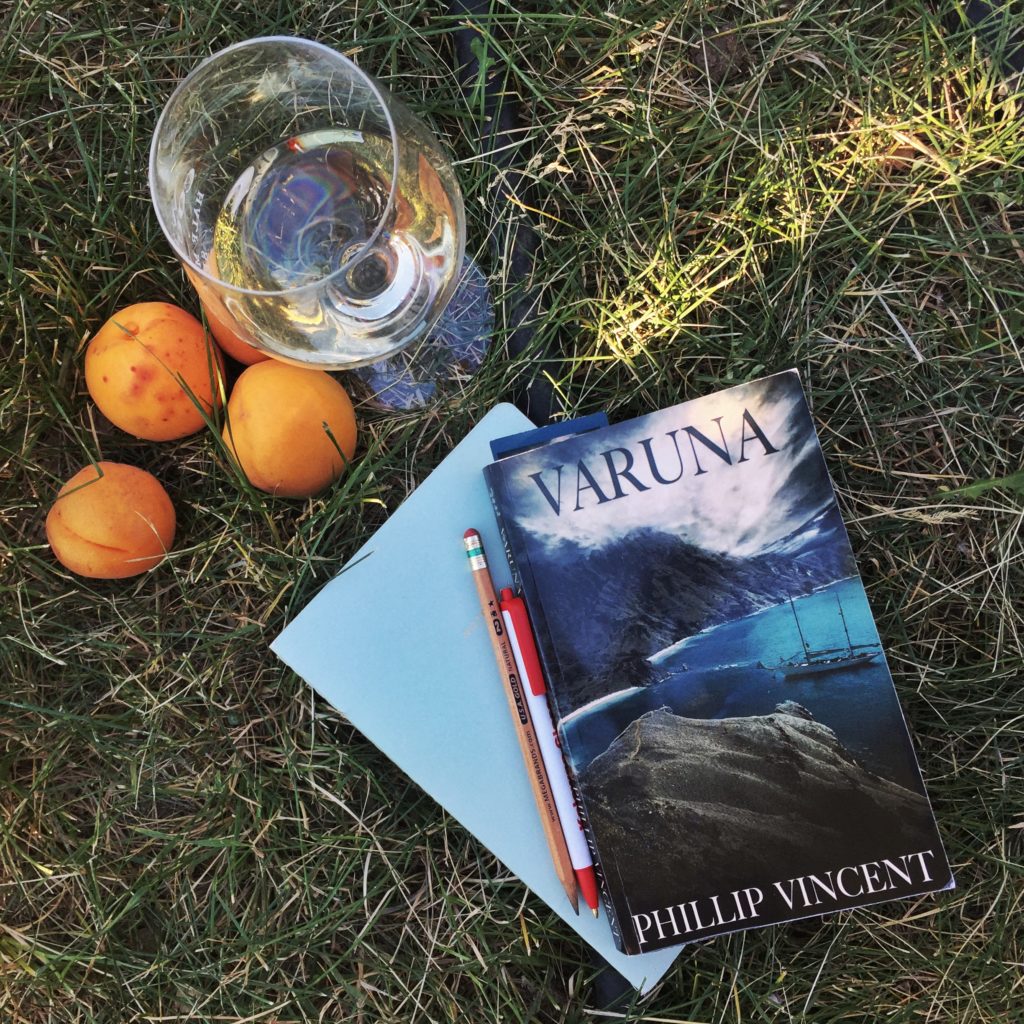
As the World Was Shutting Down…
Back in April, I received an email with the subject line, “New novel sheds lights on real threats to our oceans.” Colour me intrigued! I don’t talk about it much on this blog but I am a bookWORM and love reading. These days, I’m particularly interested in reading material that bridges gaps between audiences, that opens up awareness channels to issues previously unknown.
So, I responded. And soon thereafter, I was connected with Phil and his novel, Varuna. Phil generously shared an hour of his time with me over a Zoom call, just as the borders to the USA and Canada were closing and the pandemic was sweeping across our shared North American home.
The more Phil shared, the more I felt my jaw drop. It is one thing to learn about the issues of IUU fishing in school, behind a desk and through a textbook (my path and more on that later). Thrilling to a point, but only just. The issue always seems far-away, out of this world, and like something out of, well, a work of fiction.
It is another thing entirely to walk into a room with a drug cartel member and tell him you are seizing his assets, of which include a fleet of illegal tuna fishing boats. …and to suddenly realize that organized crime is part of what’s driving illegal fishing. …and then to go and decide to write a book about it. That’s precisely what Phil did.
A Bit About Phil
Prior to writing Varuna, Phil was in the world of finance. He worked as a portfolio manager, specifically in the “distressed assets” business. In his words, he was “cleaning up the mess” after financial operations went sideways. Governments having economic meltdowns? Check. Large bank failures in Mexico, Latin America, Europe, the USA? Check. He explained to me that when banks fail, they often fail because of things like fraud, or negligence. Phil’s job was to collect and clean up the massive loans that had been defaulted on because of these failures. In order to do that, his team had to find the people responsible. Who were they? Well…in many cases, they were outright criminals. Yes, some of them were drug cartel members. And yes, there were illegal fishing boats involved.
It’s almost no surprise then, that Varuna is a thriller involving adventure on the high-seas, corruption, and illegal fishing. But how did Phil come to be so interested in all these topics and particularly, the issue of IUU fishing?
It’s All About Water
It turns out that Phil is a lover of the great outdoors. Born around the lakes of Northeastern Oklahoma, he taught himself to SCUBA dive when he was 16 and hasn’t stopped since. His love of diving has been a constant throughout his life and he goes every chance he gets. Because his work took him around the world, he’s been able to witness some really stunning, magical places, including (but not limited to) Mexico’s famous cenotes – he’s even a certified cave diver!
“I love being outside. Whether it’s diving, being in the mountains, skiing, in the mountains, that’s just where my passion lies.”
Phil Vincent
With all that exposure to our watery planet, and with his experience in his particular role in the financial sector, Phil has acquired a unique perspective on the world and a deep desire to protect it. As he dove further into his work, he began learning about the connections between organized crime and illegal fishing. And, he found himself negotiating with gangsters and crooked politicians.
Diving Into the Impacts
Phil has also borne witness to the inescapable tragedy befalling our oceans: human impact. You see, back when he was first diving in places like Acapulco or Cozumel in the 1980s, they were beautiful and relatively untouched. “You couldn’t look anywhere where there weren’t thousands of fish,” says Phil. To be sure, these areas were already popular diving spots but the influx of tourism hadn’t yet taken off. When the cruise ships arrived, everything changed. Phil went back to Cozumel about six years ago and “the difference in the numbers of fish that were there was striking. Really, really distressing.”
What else has Phil seen? Garbage.
“Of all these pristine places that I’ve been, you can’t escape garbage in the ocean.”
Phil Vincent
Writing Varuna then, was simply a matter of pooling all his experiences together and creating a set of dynamic characters to act them out on paper.
A (very brief) Synopsis of Varuna
Varuna follows the protagonist, Malik Bashir, and his escapades in and around the islands of Indonesia aboard his boat (and the book’s namesake) Varuna. When we meet Malik at the start of the novel, he has just been asked by the main villain, a truly evil drug lord (and Malik’s boss) to complete a mission that Malik is very much against, but has no choice. His hands are tied. Malik wants more than anything to return home to his family but Anand (the drug lord) has him cornered. Anand is rich, powerful, and a total thug. What else is there to do? Malik accepts. What follows is a whirlwind of sailing adventure, diving, corruption, poaching, a touch of romance, suspense, and many thrills. There are even Komodo Dragons! It’s a roller coaster!
Varuna: The Review
Varuna was a treat for my brain. I typically read non-fiction these days and sometimes, it’s too much. Before going to college, though, fiction was all I read and I ate. It. UP! I loved diving into foreign worlds, immersing myself in the scenery and envisioning myself as the main characters. My favourite works of fiction shared one thing in common: they were richly told. The best fiction had so many juicy details that you were instantly transported, the book in your hand your portal to a new world.
This is what Varuna felt like, to me. The fact that it was thrilling certainly helped: there were several moments where I found myself holding my breath, frantically turning pages to find out what happened next. And, knowing what I know about the very real issues facing our oceans today, gave this book more clout.
What I love most about Varuna is how much of Phil’s actual life, his interests, and his passions, he has been able to weave together into this tale. The end result is something that is quite engaging, thrilling, and provided a surprising amount of references to the many issues plaguing our oceans today, including the massive, yet hidden, issue of illegal, unreported, and unregulated fishing.
This book was a quick read and I gobbled it up in just a few short days.
Why did Phil write Varuna?
Phil is not a marine biologist, or a fisheries expert. And that is precisely the point. He wanted to find a way of getting a message out – that our oceans are in trouble and they need our help – and do it in a way that gave him some credibility. Writing a novel with his specific background, that touched on the big topics of pollution, crime, and illegal fishing, was his way of doing just that. Varuna is Phil’s conduit for exposing these issues in a way that is not dry, overwhelming, or complicated.
Why Fiction Works
Any issues facing our ocean, whether it be IUU fishing or pollution, are all really, really big and not super pleasant topics. They’re complicated, hard to understand, and nearly impossible to solve overnight. Varuna is a portal to addressing these issues in an approachable way. While it is a work of fiction and is dramatic and thrilling, the core concepts Phil is trying to raise awareness about in his book are very real and very thrilling all on their own.
“A lot of what is behind the problem is greed and corruption.”
Phil Vincent
What I hope when people read the book is that they ask themselves things like:
- “Does this kind of thing actually happen?” and
- “Are illegal fishing fleets really out there right now plundering the high seas of its biodiversity?” and of course,
- “I’d better Google that.”
What is Illegal, Unreported, and Unregulated Fishing?
As the name suggests, there are really three issues at play here.
- Illegal fishing: fishing activities that are conducted in violation of existing laws and regulations
- Unreported fishing: fishing activities that are not reported or are misreported to authorities, in violation of existing laws and regulations
- Unregulated fishing: fishing that occurs in areas, or for fish stocks, for which there are no current conservation or management measures in place.
IUU fishing is not an easy issue to tackle. For one thing, it is virtually impossible to police the world’s oceans. Do you know how big this planet is? 😆 For another, it’s not just a simple matter of someone stealing someone else’s fish. It’s a difficult issue to track. And, often, the drivers of illegal fishing are buried so deep, it’s virtually impossible to identify the connections. As I’ve alluded to previously, and what Phil touched on with Varuna, is the fact that organized crime can be a driver of illegal fishing.
“According to the Food and Agriculture Organization of the United Nations, IUU fishing represents up to 26 million tonnes of fish caught annually, valued at between $10 to $23 billion USD. IUU fishing occurs both on the high seas and within the 200 mile limits of coastal states, especially affecting coastal rural populations in vulnerable areas.”
Department of Fisheries & Oceans Canada
Remember that drug cartel member Phil was facing off with earlier? They weren’t just there to talk about the weather. One of the loans from the bank that Phil was trying to negotiate at that time, was secured by a fleet of this person’s tuna boats. At the time, Phil asked himself, “Why would somebody who’s in the drug trade want to have boats?” It turns out that tuna is an incredibly valuable fish species and that can mean a big payday for whoever has control over those boats.
Phil has a good tip for discovering the source of corruption: “Follow the money.”
Shifting Baselines
I shouldn’t be surprised about any of this and yet — I am. As I mentioned earlier, my entry point for learning about these issues was through my time as a marine biology student in college. During ‘Human Impacts on the Ocean,’ we learned about Dr. Daniel Pauly’s “Shifting Baseline” theory which suggests that although the ocean has degraded within our lifetimes (demonstrated in decreasingly smaller fish) each time this baseline drops, we create a new baseline and define it the “new normal.” Pauly suggests (and I’d agree) that there’s a real risk to readjusting the “normal” all the time. Soon you forget that fish caught 50 years ago used to be bigger and more abundant.
Throughout all of these learnings though, we never really got to dig into the drivers of all this chaos: the corruption and (often) illegal activities. What fuels people to commit such wildly destructive, illegal acts? Of course, the issue is gaining attention and prominence and is now the subject of numerous documentaries, articles, and research projects. But never had I ever met anyone who had sat, face to face, with the people holding the purse strings for these kinds of operations. Until I met Phil.
Leave Room For Hope
Illegal, unreported, and unregulated fishing is a big problem. The wonderful thing about Phil, though, and my favourite thing about our conversation, is how hopeful and optimistic he is. He has seen some pretty scummy characters at the highest levels of corruption and yet, even he has immense hope for the future of our oceans, and for this planet. I would echo his sentiments. Ecosystems are resilient and they can (and do) bounce back if given the opportunity.
But it’s more than just ecosystems rebounding. He also believes in the power of good people. While it’s true that there will always be bad eggs out there (and we can’t change that) we can take our own actions. And those actions make a difference.
“The only thing that can make a difference is when everyday people care enough to not look the other way and to demand accountability: not only of other people but of themselves and how, and where, they buy things.”
Phil Vincent
We have to have the courage to look inwards, at our choices and habits, and ask: is what I’m doing now in congruence with the impact I want to have on this planet? If the answer is no, we must be willing to do something different.
Shouldn’t it be up to governments to take action on our behalf?
Sort of. We as consumers have to signal to companies and to politicians that there’s something wrong, and we want it fixed. We have the power to put people in office who are willing to take those brave steps towards making substantial change. Illegal fishing is a global problem and the solutions have to come from every level. A law is only as strong and effective as the government that is pushing the policy. There have to be checks on the system to ensure that any policy changes to enforce action against IUU fishing is not just paying lip service, but actually protecting our oceans.
“It’s definitely a battle and it’s a battle we have to win. I think [it’s] worth it and can make a difference.”
Phil Vincent
Phil demonstrated to me that if there’s a will, there’s a way. He took his combined experiences from his professional career and personal passions, to bring forth Varuna – a tool that he hopes will help people become aware of these issues. It takes tremendous courage to step outside of your comfort zone to not only write a novel, but to speak up about issues that are important. It’s not always easy! In fact, stepping outside your comfort zone is really quite difficult. The results aren’t always great at first and sometimes it can feel like a lonely battle. But the further we step, and the more actions we take, the easier it becomes and the more empowered we feel. Thank you Phil, for reminding us of that!
So, what can I do?
Here are 5 easy actions you can take, probably right now, to help you protect our oceans, expand your mind, improve your world, and maybe step outside of your comfort zone.
- Read Varuna! The holidays are just around the corner after all. Gift yourself a copy, or buy one for a friend. There’s even an audio version!
- Learn about the issues of illegal, unreported, and unregulated fishing. Check out Phil’s blog for more! The USA’s NOAA, Department of Fisheries & Oceans Canada, and the UN’s Food and Agricultural Organization are all wonderful resources as well.
- If you’re a seafood fan, PLEASE: for the love of all that is good and holy, source sustainable seafood! OceanWise & Seafood Watch are comprehensive guides.
- Talk to your local, state/provincial, and federal politicians about this issue. If you live in a coastal community that relies on fisheries as an economic driver, investigate what’s being done to protect against IUU fishing. Follow the money!
- Stay tuned! Phil is working on a sequel to Varuna…
Psst…What if I don’t eat seafood?
Do you enjoy breathing oxygen? Then you should be a big fan of the oceans, which provide 50-80% of our daily oxygen. Remove fish from the ocean and you remove a vital link in the complex food web that is closely connected to the organisms that are working to create that delicious oxygen we love – and need – to survive here on this Blue Planet. 🙂
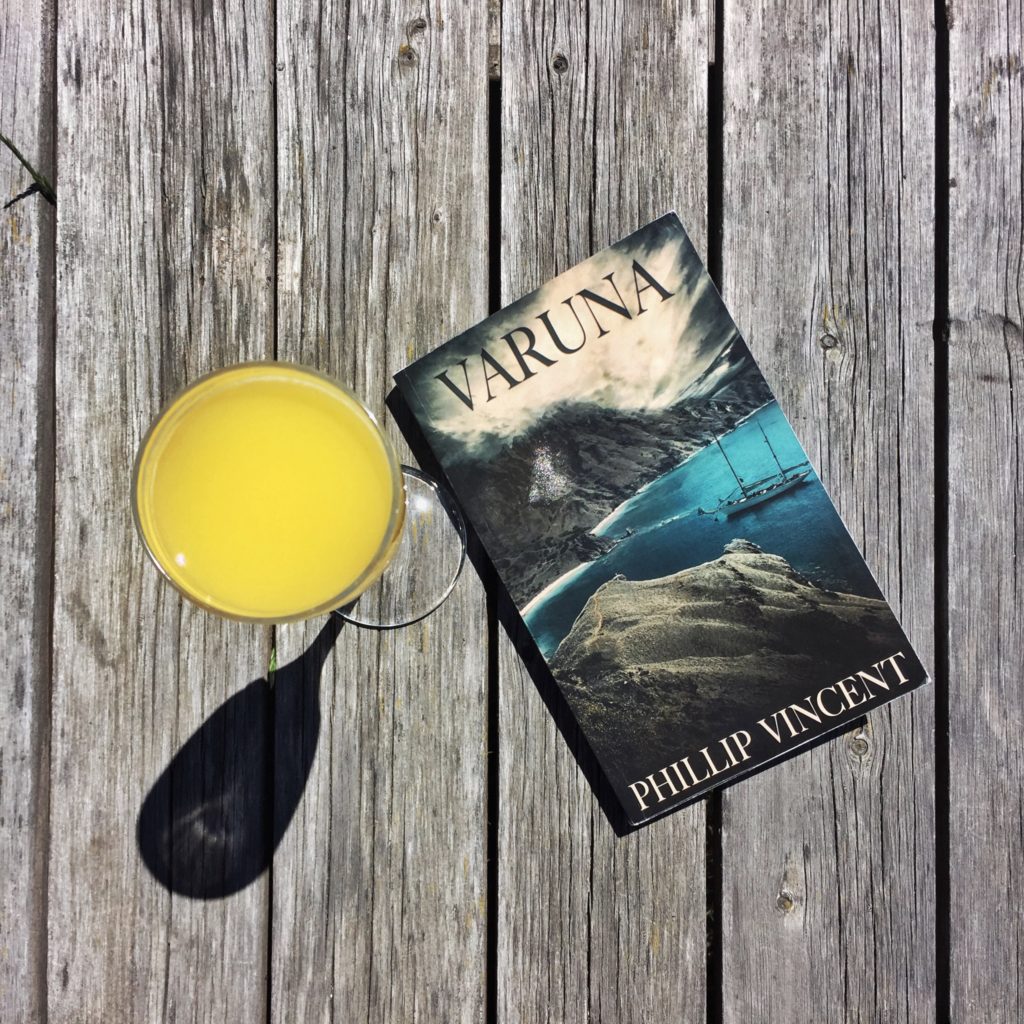

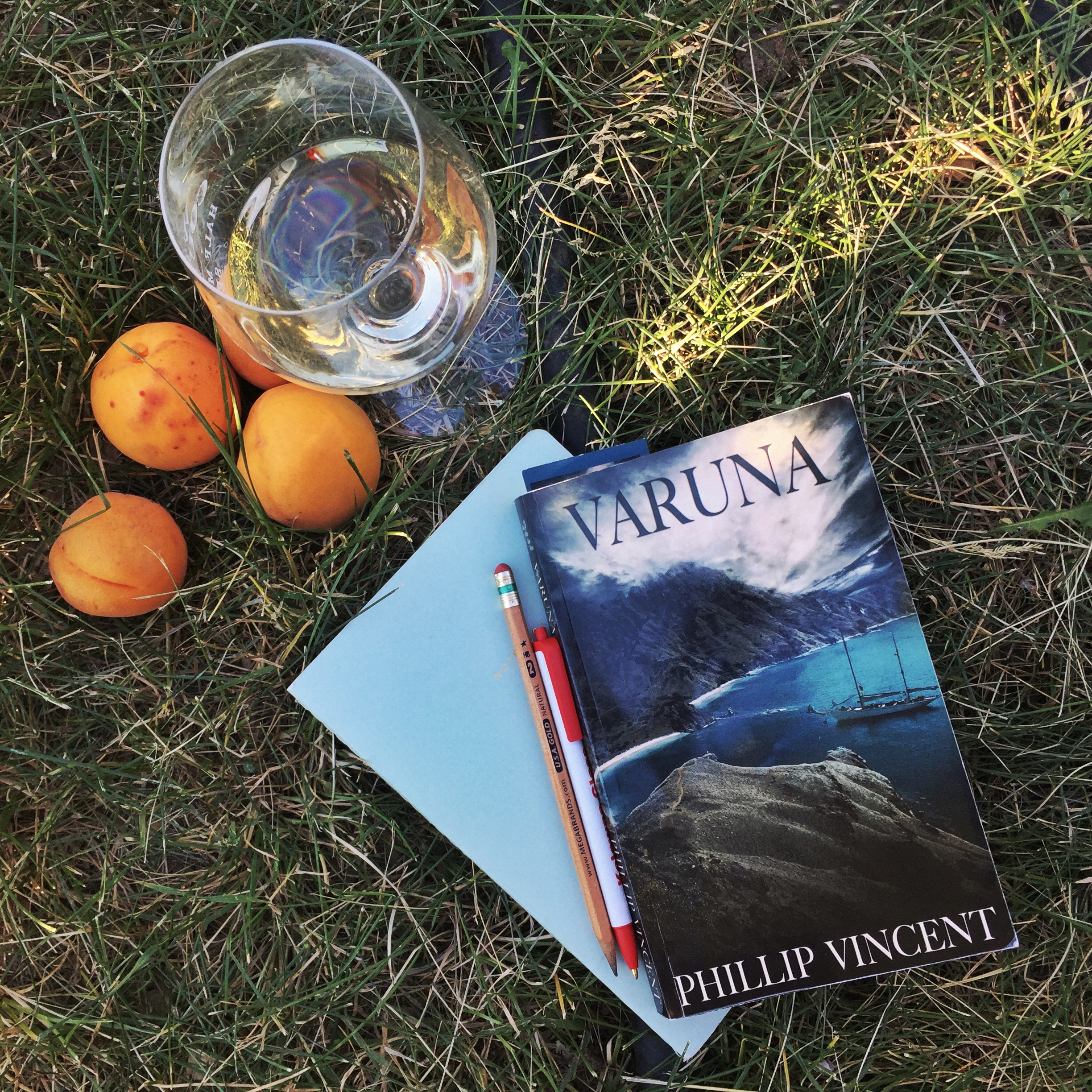
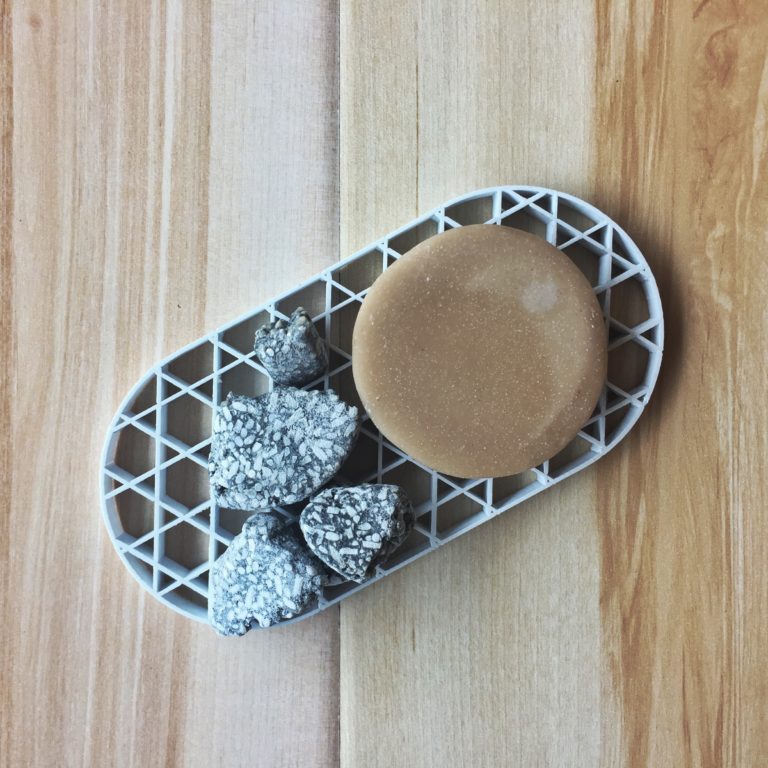
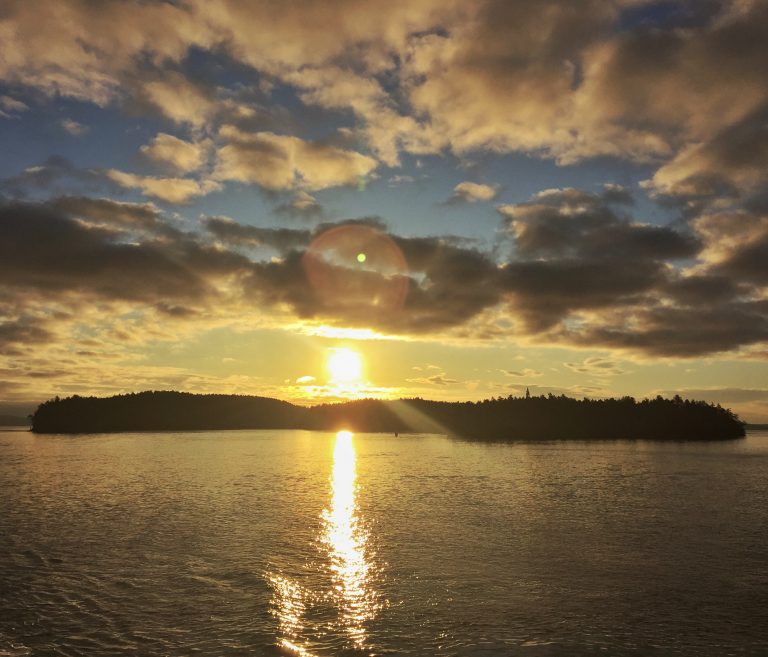
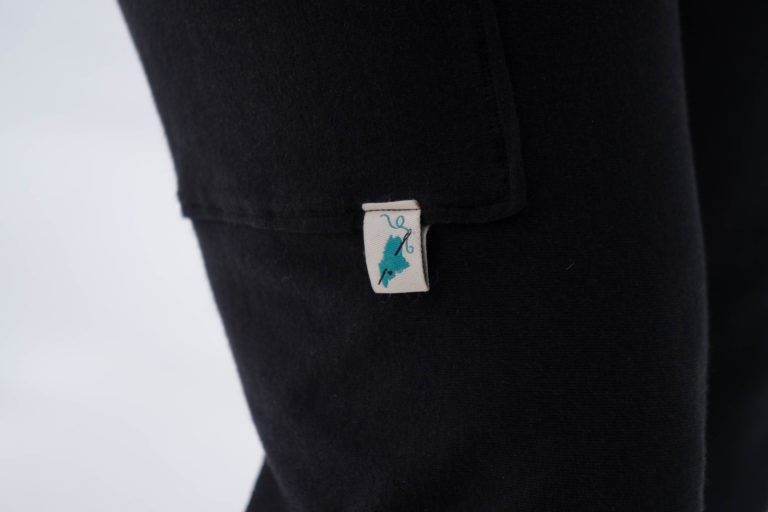
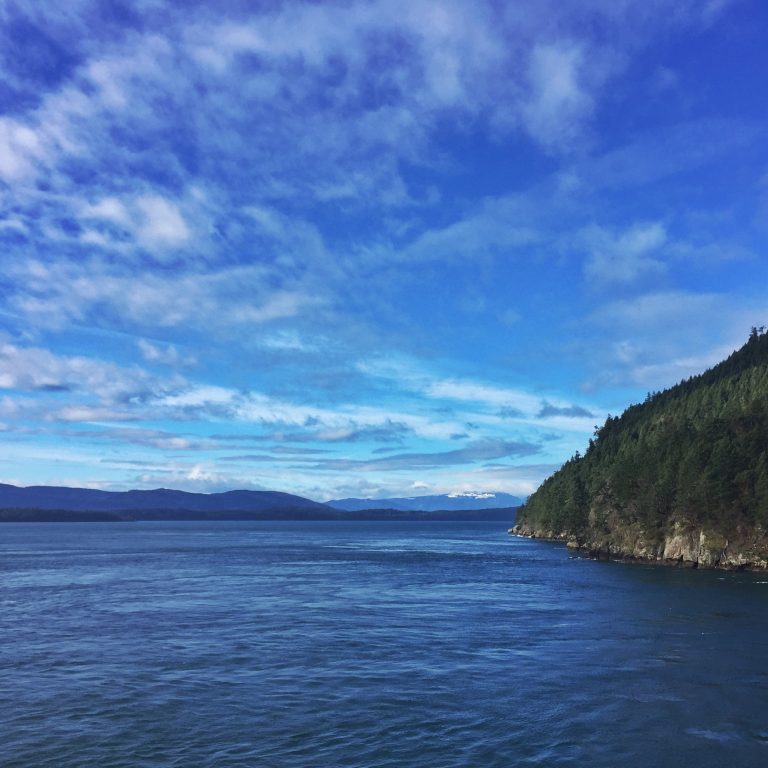
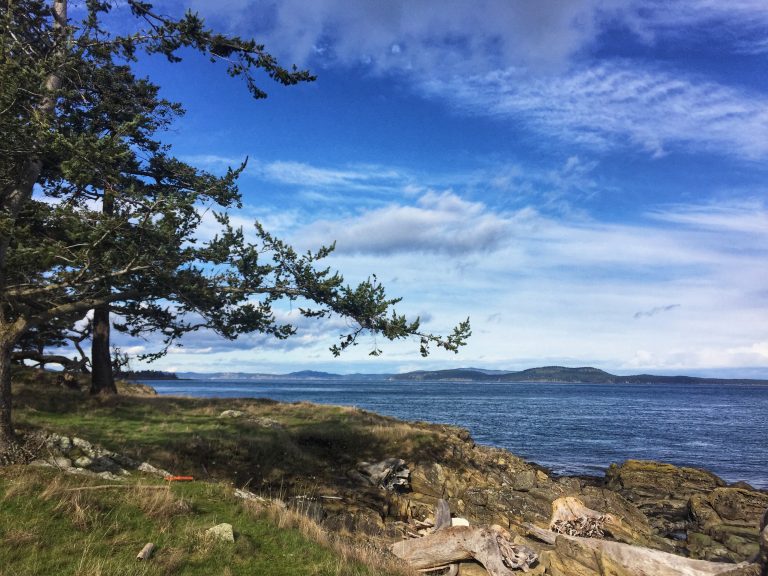
One Comment